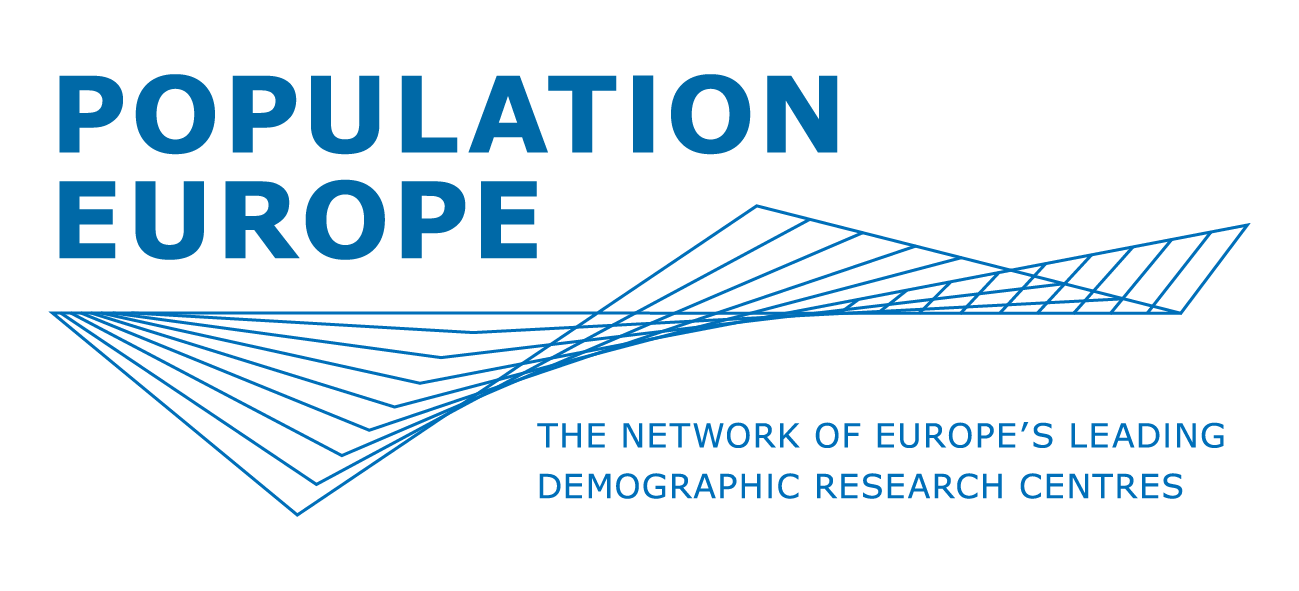The Timing of Life: Understanding the Consequences of Individualization for the Organisation of the Life Course in Europe
The general objective of the project is to explain variations in the views of European men and women on the organisation of the life course. Attention is paid to markers of the transition from one life stage to another, the content of social norms about the timing and sequencing of demographic events, and the importance of life planning in contemporary societies. These questions are answered in a comparative perspective and making use of data from the Timing of Life module in the 2006 wave of the European Social Survey.
The project leader is Aart C. Liefbroer (Netherlands Interdisciplinary Demographic Institute, the Netherlands); other principal investigators and associated partners are Zsolt Spéder (Hungarian Demographic Research Institute), Gunhild Hagestad (Agden University, Norway), Francesco Billari (Università Bocconi, Italy) and Arnstein Aassve (Università Bocconi, Italy).
The project is funded by the EUROCORES (European Collaborative Research) Programme HumVIB (Cross-National and Multi-level Analysis of Human Values, Institutions and Behaviour) of the European Science Foundation, and the Hungarian Scientific Research Fund (OTKA 76648).
Researchers
BÁLINT, Lajos; MURINKÓ, Lívia; SPÉDER, Zsolt
Related publications of HDRI researchers
Spéder, Zsolt – Lívia Murinkó – Richard A. Settersten Jr. (2013): Are Conceptions of Adulthood Universal and Unisex? Ages and Social Markers in 25 European Countries. Social Forces, doi: 10.1093/sf/sot100
Bálint, Lajos – Zsolt Spéder (2012): Ageing. In Péter Őri – Zsolt Spéder (eds.): Demographic Portrait of Hungary 2012. Report on the Conditions of the Hungarian Population. Demographic Research Institute, Budapest, 89-102.
Research highlights
Attitudes towards unmarried cohabitation in Europe
The perception of his and her middle age in Europe





